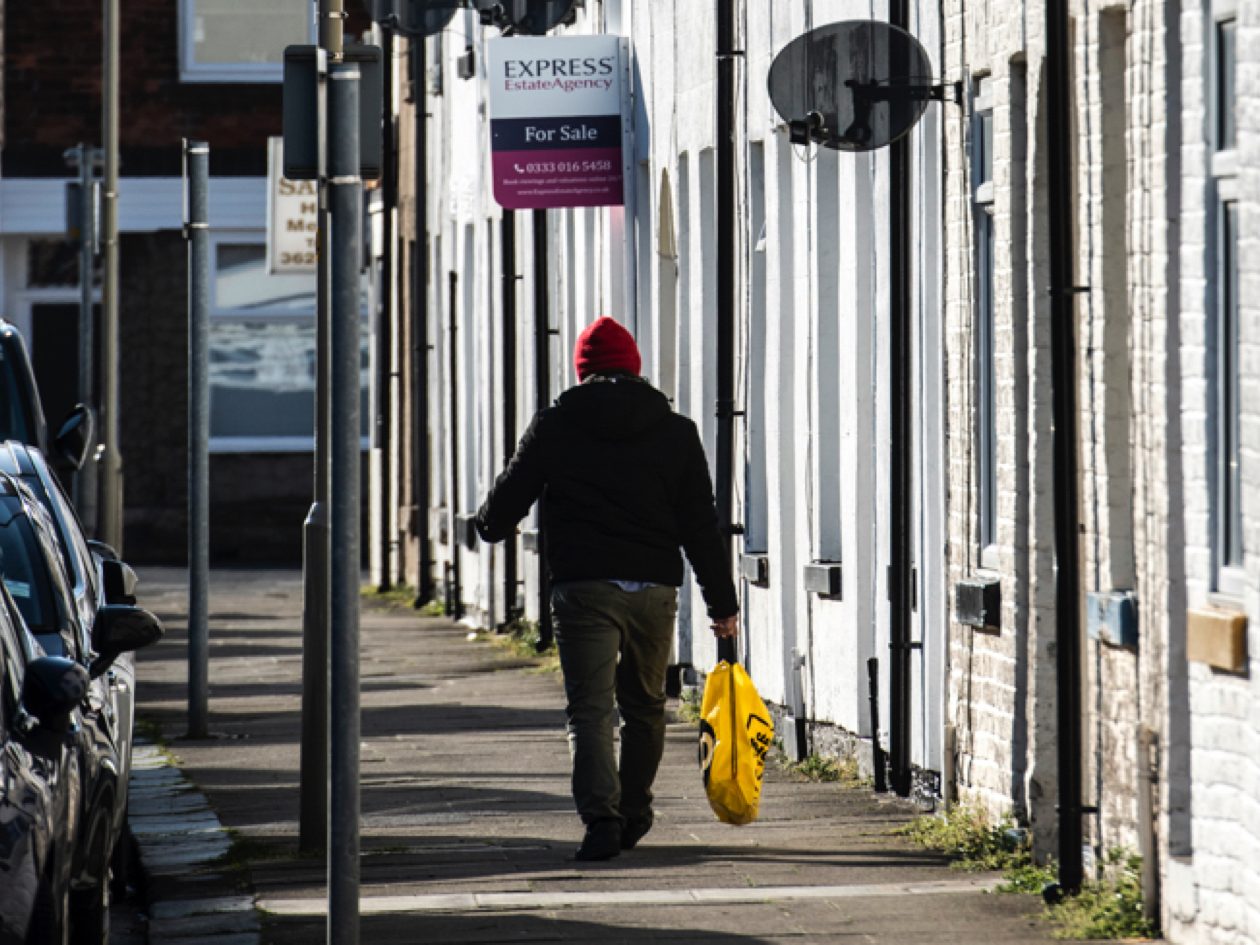A new study for the ESRC Research Centre on Micro-Social Change by Professor Neli Demivera with Dr Sergio Lo Iacano from the University of Essex has found that gambling premises have a real impact on crime in the areas they are located.
Using data from the Office of National Statistics, the UK Census, the UK Police Street-level Crime Dataset, and the POI Ordnance Survey, the research team analysed the association between gambling outlets as an example of a commodity industry and crime events across England and Wales and explore the possibility of a heterogenous effect dependent upon the level of deprivation and residential stability of an area. The findings show that gambling outlets are significantly and positively associated with different types of crime even when controlling for other businesses, the areas’ demographic and socio-economic characteristics. Small businesses provide distinctive shielding effects. These results have significant policy implications.
The results of this study suggest that the criminogenic impact of residing closer to gambling premises is not limited to providing criminal opportunities for perpetrators but very importantly such criminogenic attractors may hinder guardianship within the community – areas with high proportion of homeowners who also are typically long-term residents experience increasing social disorganization with the increase in number of land-based gambling premises. The presence of small business owners can however mitigate the negative association with high gambling outlets density.
The authors find that deprivation may make matters worse in terms of theft and burglaries, but not in terms of violent crime, anti-social behaviour or property damage. There are several reasons for this result. The data shows that exposure to gambling outlets is not much higher in local areas marked by high levels of deprivation compared to non-deprived areas. Thus, many of the very deprived local areas which are most susceptible to violent crime have not been affected by gambling density in the analysis. Furthermore, this data suggests that at high levels of deprivation, the impact of gambling outlets is focused on opportunistic types of crimes such as thefts and burglaries.
Read the full MiSoC Explainer here
